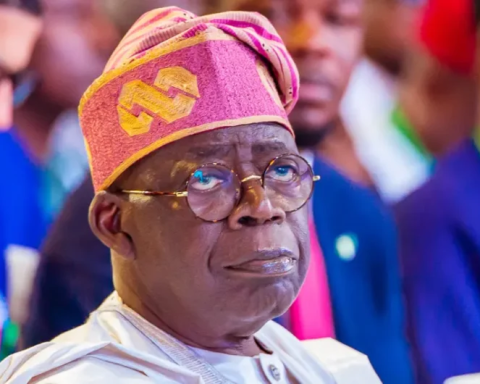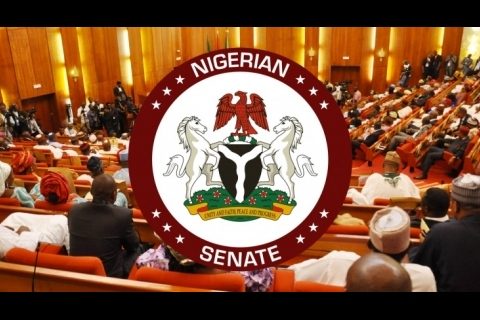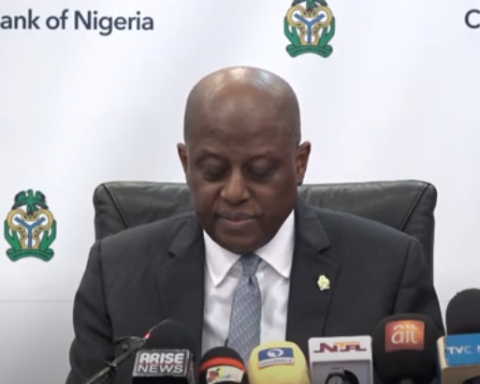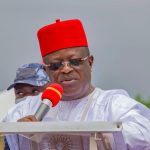The Enugu State Electricity Regulatory Commission (EERC) has stated that it would go ahead with the implementation of its new electricity tariff of ₦160 kilowatt hour (Kwh) for Band A customers in the state.
EERC said its recent order, which resulted in a reduction in electricity tariff for Band A customers from N209/kWh to N160/kWh, has no effect on the country’s current power generation costs.
Join our WhatsApp ChannelThe Commission stated that after reviewing MainPower Electricity Distribution Limited’s costs, it found no justification to maintain the Band A electricity tariff at ₦209/kWh in the state.
EERC gave the clarification in a statement issued on Wednesday by its Commissioner for Electricity Market Operations, Barr. Reuben Okoye.
Prime Business Africa had reported that the stated electricity regulator issued an order mandating MainPower, the DisCo that replaced EEDC in the state, to, with effect from 1 August 2025, slash electricity tariff for Band A from ₦209/kwh to ₦160/kwh. The Order also freezes tariffs for other bands.
The announcement generated reactions from electricity stakeholders who questioned what informed the decision of agency to reduce the electricity tariff.
Generation companies kicked against the order, stating that it was based on an erroneous assumption of the electricity subsidy provided by the Federal Government.
However, EERC said the order is for MainPower in Enugu State and does not affect electricity services in other states. It clarified that the new tariff does not affect the cost of generation and other costs associated with getting supply from the National Grid to MainPower through EEDC.
“The Commission is focused on developing a sub-national electricity market that is transparent, accountable, reliable and sustainable and therefore will review utility costs of service to achieve its mandate to the people of Enugu State,” it stated.
“The Order is for MainPower’s operation in Enugu State. It does not affect electricity services in other states, between states and across the country. “The cost of delivering electricity from the National Grid to MainPower via EEDC has been accommodated in full. We did not tamper with that cost at all in our tariff determination, but rather adopted it.”
It further clarified that the “Order ensures that MainPower recovers all its efficient costs and makes a reasonable return in its business of providing electricity services to citizens of Enugu State.
“Considerations and reconsiderations of the MainPower tariff application and data still present the same outcome that ensures full payment of invoices to all parties.
“Having gone through our rigorous process, EERC has no rationale or justification to keep Band A at N209 in the State.
“EERC has not removed a kobo from the generation and transmission costs of delivering power to Enugu State, but rather included the exact costs to ensure complete payment of MainPower’s portion of the Nigerian Bulk Electricity Trading (NBET), invoices. Also, MainPower’s share of EEDC’s debts arising from CBN’s interventions in the NESI were included in the tariff. “EERC and MainPower also reviewed all the relevant data/information provided by MainPower for its tariff determination to ensure accuracy.”
READ ALSO: Enugu Electricity Regulatory Commission Reduces Band A Tariff From N209 To N160/Kwh
The agency said it is willing to entertain any evidence that shows that its methodology, analysis, computation and output are wrong.
It emphasised that the ongoing migration of more customers to Band A, makes the general cost of delivering electricity spread across larger customer numbers, resulting in a reduced cost of service delivery.
Continuing, the Commission added, “The emerging issue or question is: should customers in Enugu State be over-billed for electricity services and if so, for whose benefit?
“The fact remains that GenCos will not get the over-recovery from any Subco until cost cost-reflective tariff is adopted across board in the country. So, their present concerns are misdirected.
“We stand ready to provide clarification as well as engage concerned stakeholders so as to provide assurances regarding the Order.”
The Commission invited GenCos that are ready to operate with effective contracts based on a willing-buyer, willing-seller commercial arrangement to consider setting up power plants in Enugu State.
“We will consider and approve your PPA and tariff for them to do their business, as the PPA cost will be a natural pass-through in the tariff,” EERC added.
Victor Ezeja is a passionate journalist with seven years of experience writing on economy, politics and energy. He holds a Master's degree in Mass Communication.











